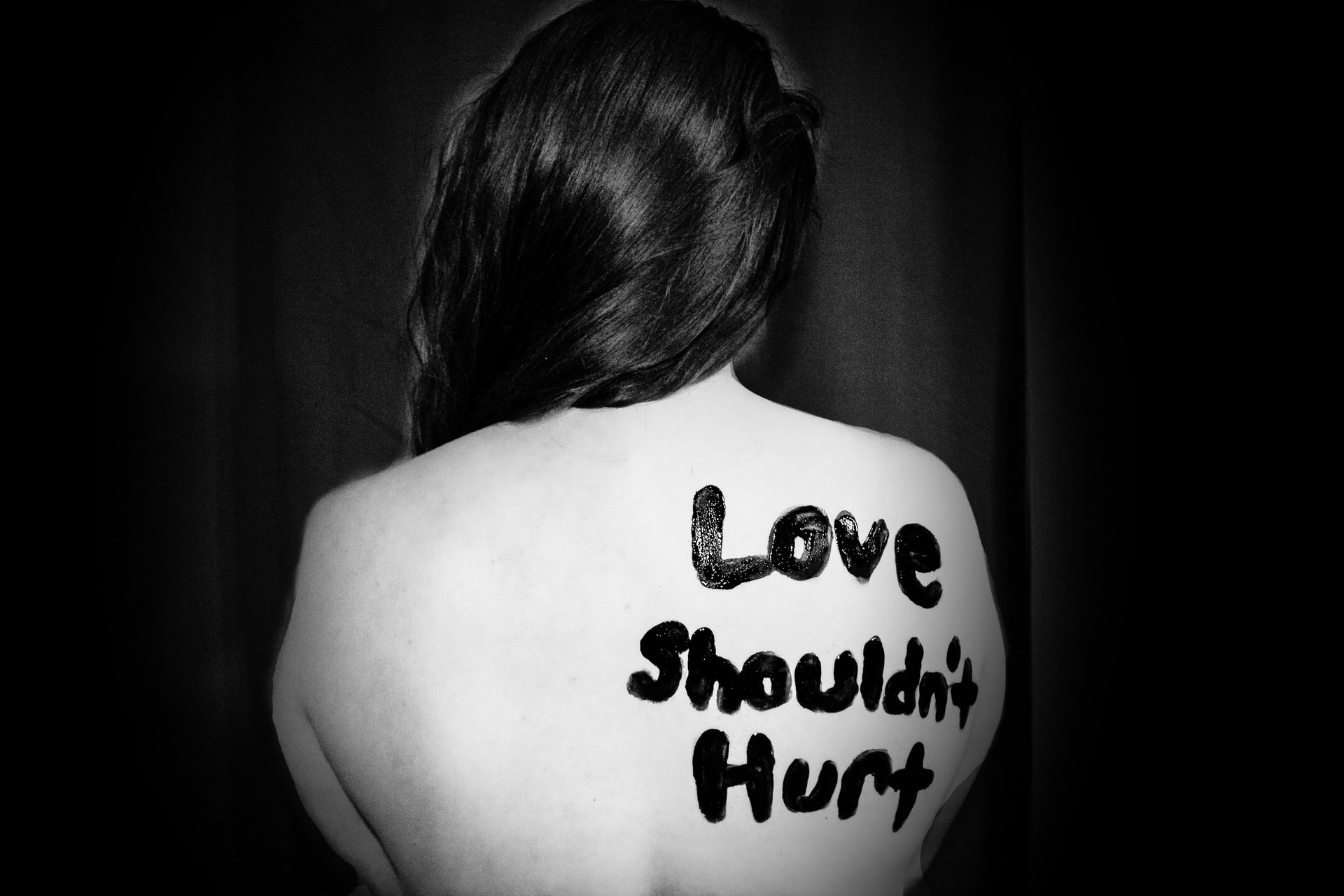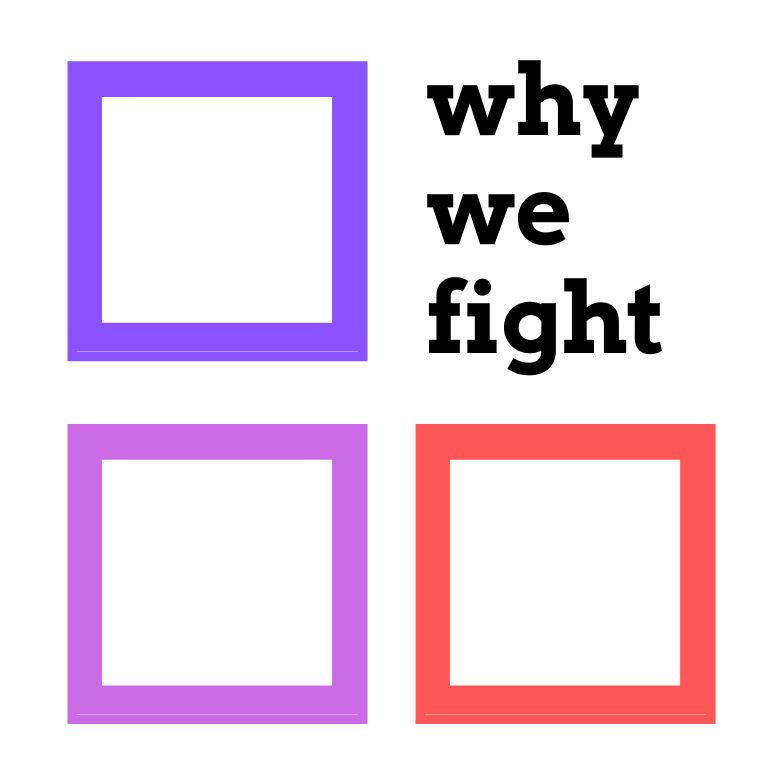Eliana

⏱ 4'
My name is Eliana. I am 40 years old and I was raised in a small village in Thesprotia. Most women, like my grandmother, had arranged marriages. Some of them didn’t even know what being in love was. Sexual encounters served the purpose of procreation only and nothing more. The word satisfaction was not part of their vocabulary, although the same cannot be said for the word oppression. Marriage, for the most part, was not a choice, but a social requirement, as was having a family, which was a “natural” next step for them. Back then, younger women my mother’s age may have married out of love, but one could also notice their husbands’ abusive behaviour towards them. They lived with the fear that they might do something they shouldn’t and thus anger their husbands. I remember there was a woman, way back in the ‘90s, whose husband constantly abused her and their children. People in the neighbourhood could hear the screams, but no one would say anything because he was the head of the family, despite the fact you could hear screams and yelling in the night. The shame always falls on the woman, not the man. I remember her, walking with her head down. And other stories of women like this, hiding in the night, forgotten in the morning.
So many lives lost in the microcosm of provincial life. That is why I always wanted to leave my village, to expand my horizons, to see new things, to leave. Education was the only way out. That was what was going to lead me far away. That is why I have wanted to study ever since I was a young girl. In the end, despite the difficulties, I managed to do it. In provincial Greece, even going to school is not a given. To this day children have a difficult time and that is why school drop-out rates are high. They say that the countryside “sabotages” its own children, and they’re not wrong. In university, I had the good fortune of knowing an exceptional professor who was teaching classes that have to do with gender. She was one of the first ones in Greece teaching on that specific subject area. That is how I came to know about the different theories and after that I worked together with that professor in some research programmes that researched gender in relation to education. This sensitised me even more, because I saw to a greater degree the difficulties women face in professional advancement in comparison to men, but also the sexist manner in which school textbooks are written.
After December 2008, we saw more and more groups being created in order to talk about feminism, sexism, patriarchy, and queer theory. These groups worked together at times with different initiatives that were formed to address different issues, such as the initiative against the pillorying of HIV positive women. Activism increased with every passing year and it would also address unanswered femicides, and gender based violence. Everyone’s vocabulary was enriched with words that already existed, but nobody uttered with ease. In the last few years, words like sexism, feminism, patriarchy, gender based violence as well as a new one, femicide, are being used more and more, suggesting on the one hand the escalation of the problems, but also the impact of feminism on a large portion of society.
The past few years I’ve been a part of a feminist group, which apart from its feminist activism, also publishes a magazine called “Kiouri@” every summer. I cannot imagine someone not being a feminist, and not fighting in their daily life for freedom and social justice.
